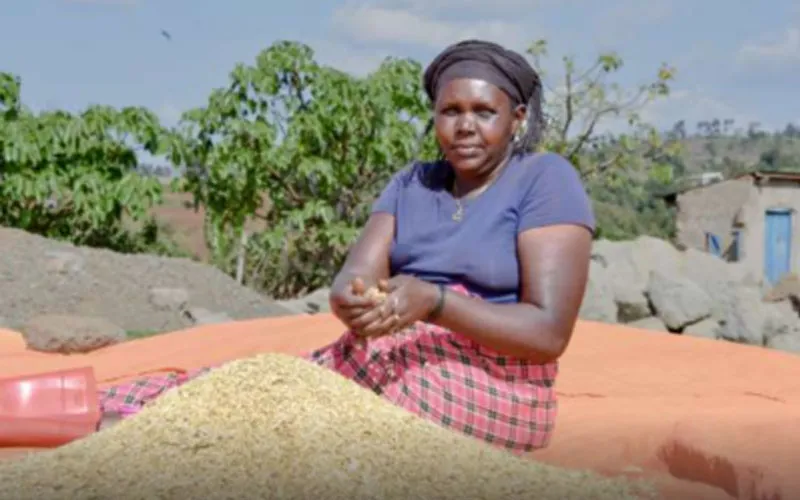Johannesburg, 02 April, 2022 / 4:30 pm (ACI Africa).
Faith leaders under the Southern African Faith Communities Environment Institute (SAFCEI) have expressed concern about the promotion of green revolution, which fosters the use of chemicals and high-yield crop varieties in view of realizing large-scale food production in Africa.
According to SAFCEI members, the green revolution that is being championed by the Alliance for a Green Revolution in Africa (AGRA) in partnership with the United States Agency for International Development (USAID), and Bill Gates Foundation, among others, is detrimental to small scale farmers.
“What we are seeing is a dangerous attack on communities’ rights to hold and store seed, which are being eroded as a result of changes in government policies that are being pushed by AGRA and funded by institutions like the Bill and Melinda Gates Foundation,” SAFCEI Food and Climate Justice Coordinator has been quoted as saying in a statement.
In the Wednesday, March 30 statement, Gabriel Manyangadze says the green revolution, which encouraged crop genetics “is not reaping the claimed benefits and addressing the issues of poverty and hunger.”
The SAFCEI official says, “Faith leaders have been raising issues about food security in Africa for some time and they have been debunking the myth that food security is about the quantity of food available, but rather the issue communities are facing is the access to nutritious and affordable food.”








